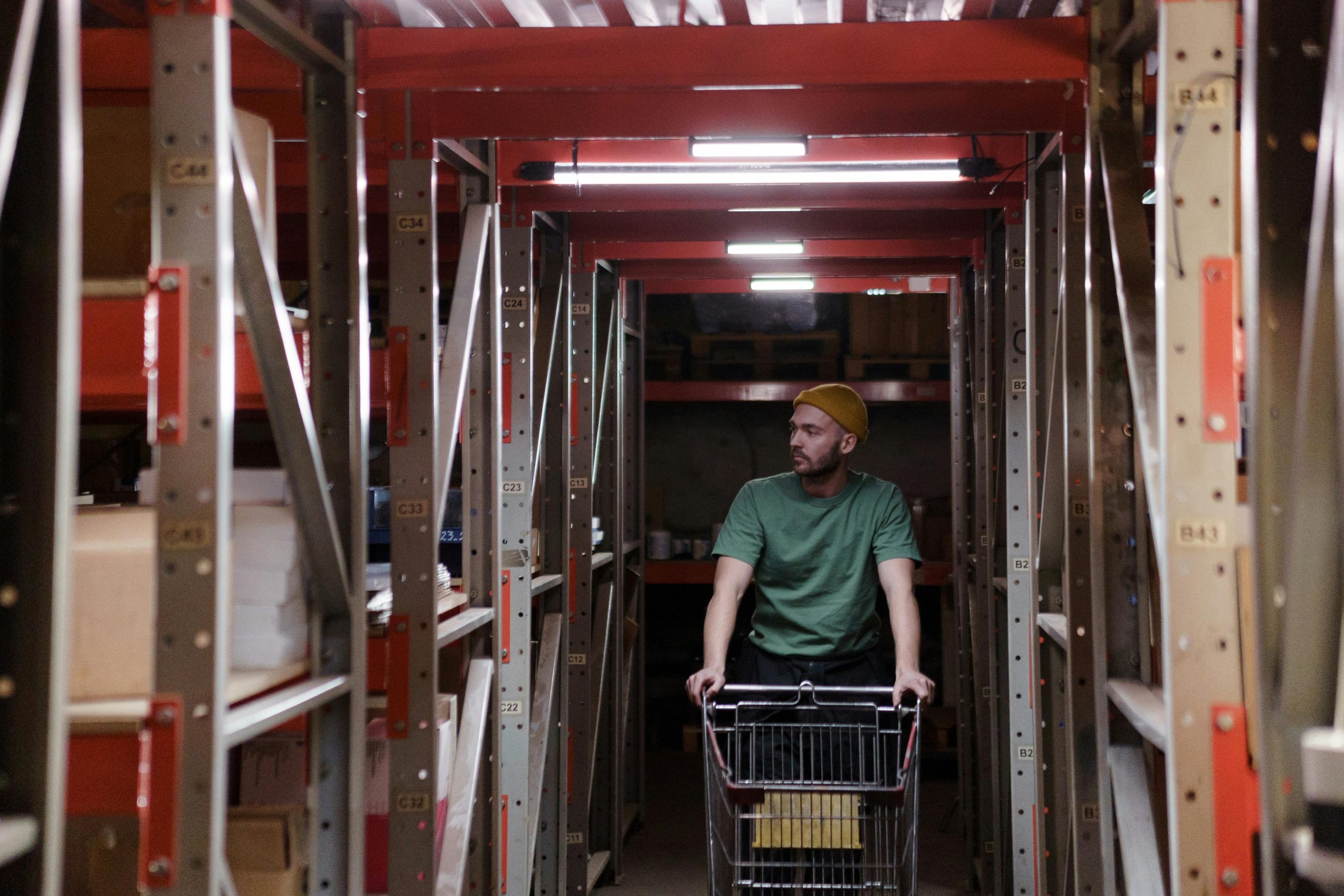In recent years, african logistics has emerged as a vital sector driving economic growth across the continent. As businesses increasingly rely on efficient supply chain solutions, the demand for streamlined, reliable logistics services is greater than ever. However, navigating the logistics landscape in Africa comes with its own unique set of challenges—from inadequate infrastructure to regulatory complexities and cross-border hurdles.
At FMC Logistics, we specialize in the fast-moving consumer goods (FMCG) sector, efficiently handling everything from food and beverages to mining equipment, chemicals, and packaging materials. Our deep-rooted expertise in African logistics allows us to offer insightful strategies that help companies scale fast without compromising reliability or cost-effectiveness.
In this article, we unveil 8 expert tips for scaling your operations quickly and sustainably in the African logistics ecosystem.
1. Understand Regional Logistics Ecosystems
Africa is not a one-size-fits-all market. Each region—from West Africa’s coastal hubs to East Africa’s landlocked markets—presents different logistical requirements. For instance, while Nigeria offers dense urban centers with port access, landlocked countries like Rwanda or Malawi require different transportation and warehousing strategies.
To succeed in African logistics, businesses must deeply understand local infrastructure, transportation networks, customs procedures, and economic regulations. Conducting comprehensive market research before expansion helps you tailor logistics plans that work in each region.
2. Leverage Multimodal Transport Systems
Efficient logistics in Africa often hinges on your ability to use multiple modes of transportation. Road networks dominate inland transport, but rail and sea freight can offer cost savings and time efficiency, especially for bulk goods.
Investing in multimodal logistics ensures greater flexibility and mitigates risks like road blockages or fuel shortages. At FMC Logistics, we design integrated solutions that combine road, rail, and maritime options to minimize delays and optimize delivery windows.
3. Partner with Local Experts
Establishing trust and seamless operations in new African markets can be challenging without local insight. That’s why partnering with experienced local logistics providers or agents can be a game-changer.
These partnerships offer valuable knowledge of regional customs, documentation requirements, warehousing options, and even cultural expectations. Our team at FMC Logistics collaborates with local experts to maintain operational continuity and regulatory compliance across all regions we serve.
4. Optimize Warehousing and Distribution Networks
Warehousing is a core pillar of scalable African logistics. Strategic warehouse placement reduces delivery times, cuts fuel consumption, and improves customer satisfaction. Consider building or leasing warehouses close to major transportation hubs or urban centers where demand is highest.
Automating warehouse processes and adopting real-time inventory tracking can further streamline operations. At FMC Logistics, we implement smart warehousing systems tailored for the dynamic African market, enhancing both accuracy and speed.
5. Embrace Digitalization and Real-Time Tracking
Digital transformation is reshaping the logistics industry worldwide, and Africa is no exception. From GPS fleet tracking to blockchain-based supply chain transparency, embracing technology can significantly enhance efficiency and scalability.
Real-time tracking not only boosts visibility but also improves customer trust and internal accountability. We at FMC Logistics invest in cutting-edge logistics tech, allowing our clients to monitor cargo movement, assess risks, and make data-driven decisions in real time.
6. Build a Resilient Supply Chain
The African logistics environment is susceptible to sudden disruptions—ranging from political unrest to fuel shortages and adverse weather conditions. A resilient supply chain can help companies withstand these unpredictable challenges.
To build resilience, diversify transport routes, maintain buffer stock levels, and develop contingency plans. Also, ensure consistent communication with suppliers and customers to avoid bottlenecks. Our crisis-response strategies at FMC Logistics are designed to maintain continuity under pressure.
7. Streamline Cross-Border Operations
Moving goods between African countries can be complex, especially with varying customs regulations, tariffs, and border controls. However, initiatives like the African Continental Free Trade Area (AfCFTA) are simplifying cross-border trade.
To benefit from this evolving landscape, logistics providers must streamline paperwork, digitize customs documents, and stay updated on regulatory changes. FMC Logistics offers cross-border clearance services that reduce delays and facilitate smooth trade between regions.
8. Focus on Talent and Training
Technology and infrastructure are vital, but human capital is equally crucial in African logistics. Skilled drivers, warehouse managers, and logistics coordinators play a central role in operational success.
Invest in continuous training programs to ensure your workforce stays aligned with global logistics standards. At FMC Logistics, we prioritize staff development through rigorous training modules and real-world learning opportunities, ensuring every team member delivers excellence.
Why FMC Logistics?
FMC Logistics stands out among logistics providers in Africa due to our holistic, client-centered approach. We offer:
- Deep specialization in fast-moving consumer goods
- Scalable, technology-driven logistics solutions
- Extensive regional knowledge and local partnerships
- End-to-end supply chain transparency and accountability
- Agile response systems for risk mitigation and resilience
Our success lies in combining strategic vision with operational precision, enabling businesses to expand seamlessly across Africa.
Frequently Asked Questions
1. What makes African logistics different from other regions?
African logistics is influenced by diverse geography, inconsistent infrastructure, and varying trade regulations. These factors demand flexible, region-specific logistics strategies.
2. How can I reduce logistics costs in Africa?
You can reduce costs by leveraging multimodal transport, optimizing warehouse locations, using technology for route planning, and partnering with experienced providers like FMC Logistics.
3. Is digital tracking important in African logistics?
Yes, real-time digital tracking enhances transparency, minimizes delivery errors, and improves customer satisfaction by providing accurate delivery timelines and cargo updates.
Conclusion
Scaling fast in the African logistics sector is not merely about moving goods—it’s about building a smart, resilient, and regionally adaptive supply chain. By understanding local dynamics, investing in technology, and forming strong partnerships, companies can unlock exponential growth opportunities across the continent.
Click here to return to the homepage and unlock more content.
